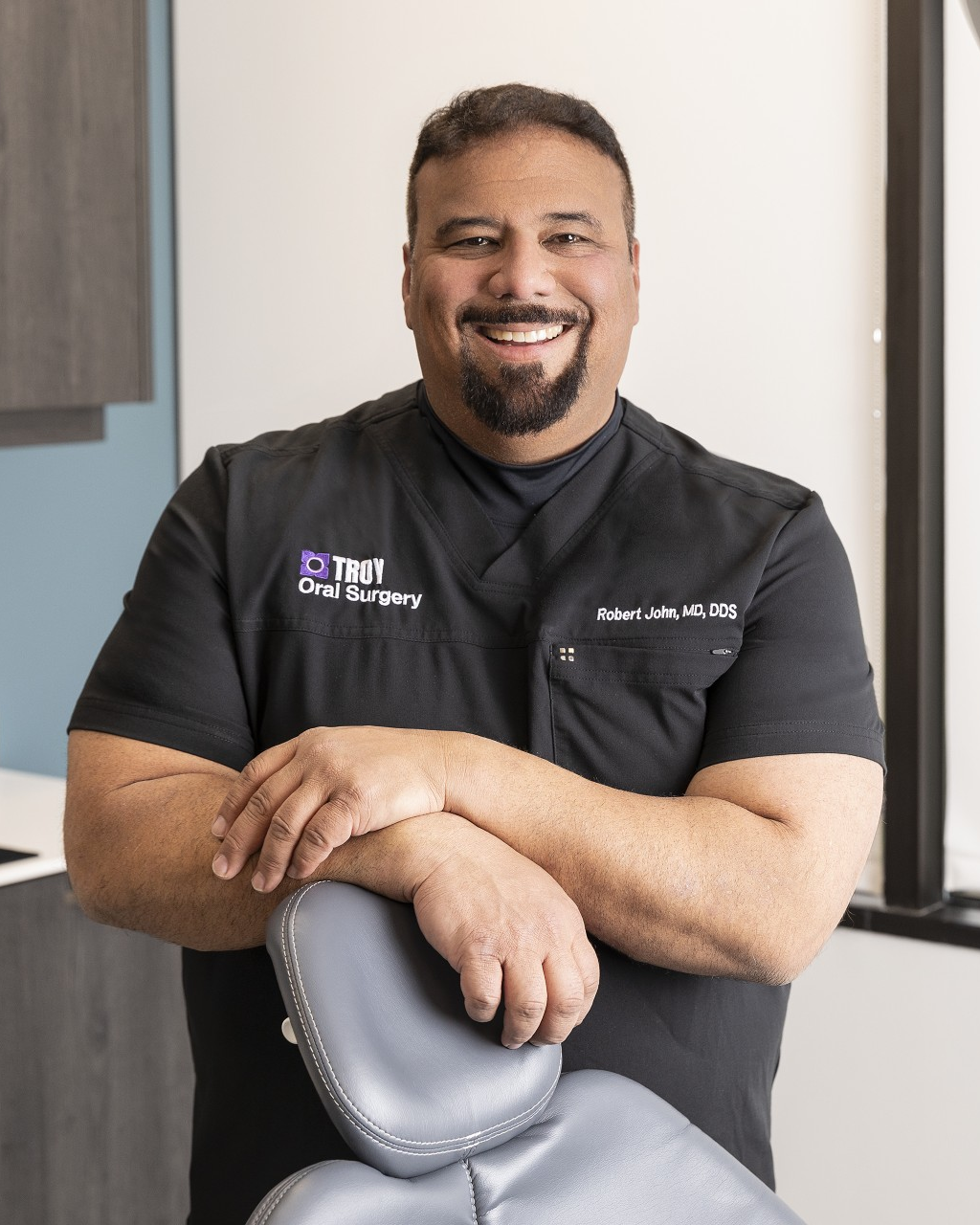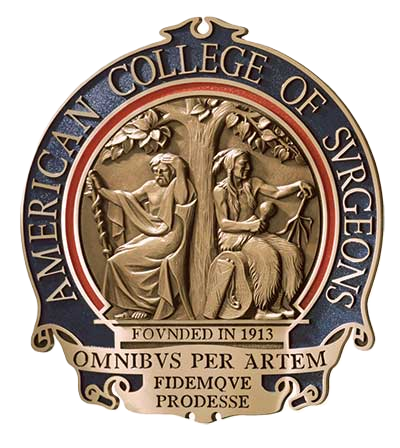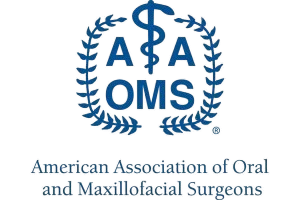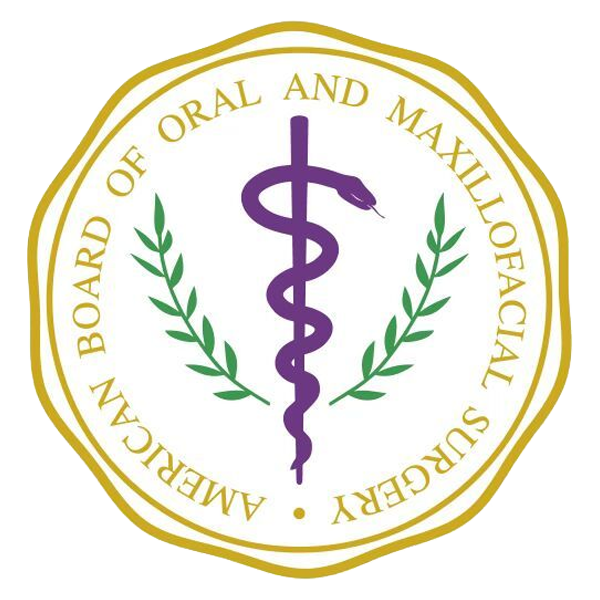Robert John, MD,DDS, FACS


Board-Certified Oral & Maxillofacial Surgeon | Founder, Troy Oral Surgery
Dr. Robert John is a board-certified oral maxillofacial surgeon and the founder of Troy Oral Surgery, established in 2024. With over 22 years of surgical experience, he brings a unique combination of medical expertise, precision, and compassionate care to his private practice.
Born in Jamaica and raised in Toronto, Ontario, Dr. John earned honors degrees in chemistry and economics from the University of Toronto. He graduated with honors from the University of Detroit Mercy School of Dentistry before completing his residency at the University of Toledo Medical Center. He further advanced his training through a six-year oral and maxillofacial surgery residency at the Detroit Medical Center, during which he obtained his medical degree from Wayne State University School of Medicine and served as chief resident. Following residency, he completed a general surgery internship at St. John Hospital & Medical Center, training under some of Metro Detroit’s most distinguished surgeons.
In recognition of his exceptional contributions to surgery, Dr. John has been awarded the prestigious honor of Fellow of the American College of Surgeons (FACS). This distinction signifies not only his mastery of surgical skill but also his commitment to the highest standards of ethical conduct, professional integrity, and dedication to patient care. Earning the FACS designation places Dr. John among a select group of surgeons recognized nationally and internationally for excellence in surgical practice.
Dr. John offers a
full scope of oral and maxillofacial surgical procedures, with a commitment to providing individualized treatment plans and the highest level of patient-centered care. In addition to leading his private practice, he serves as an oral and maxillofacial surgeon at Trinity Health Livonia, Trinity Health Oakland, and Corewell (Beaumont) Royal Oak. Dedicated to advancing the field, he remains actively involved in residency programs and mentoring future surgeons.
Hospital Affiliations:
FAQs
See some of the frequently asked questions.


